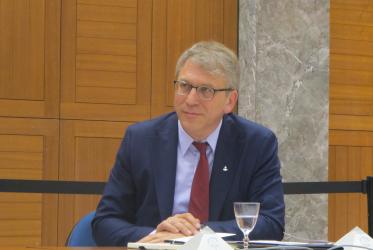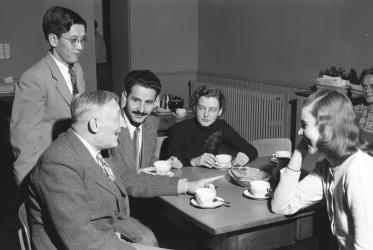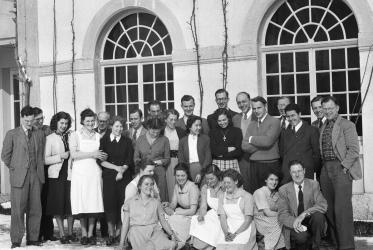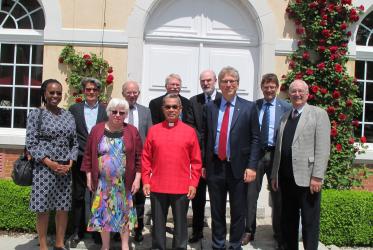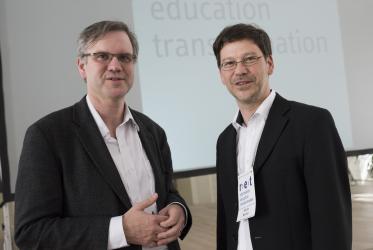Displaying 61 - 80 of 119
06 March 2017
An interview with the Ethiopian Patriarch, Abune Matthias
14 February 2017
What does ‘prudence’ mean for dialogue and peace-building?
16 November 2016
Grand Imam calls for collaboration against violence and poverty
06 October 2016
WCC welcomes Grand Imam of Al-Azhar
01 October 2016
Bossey anniversary commemorates 70 years of heartfelt dialogue
28 September 2016
WCC’s Bossey institute celebrates 70 years with array of events
23 September 2016
Bossey students celebrate graduation
23 August 2016
Hielke Wolters: Apostle of mission strategies
01 August 2016


